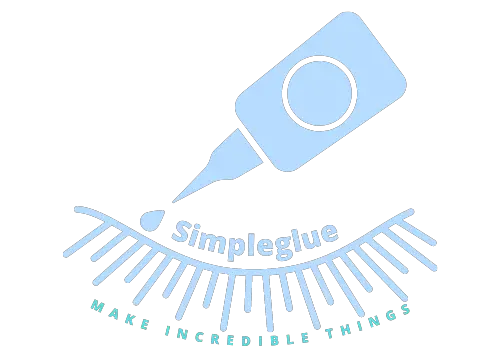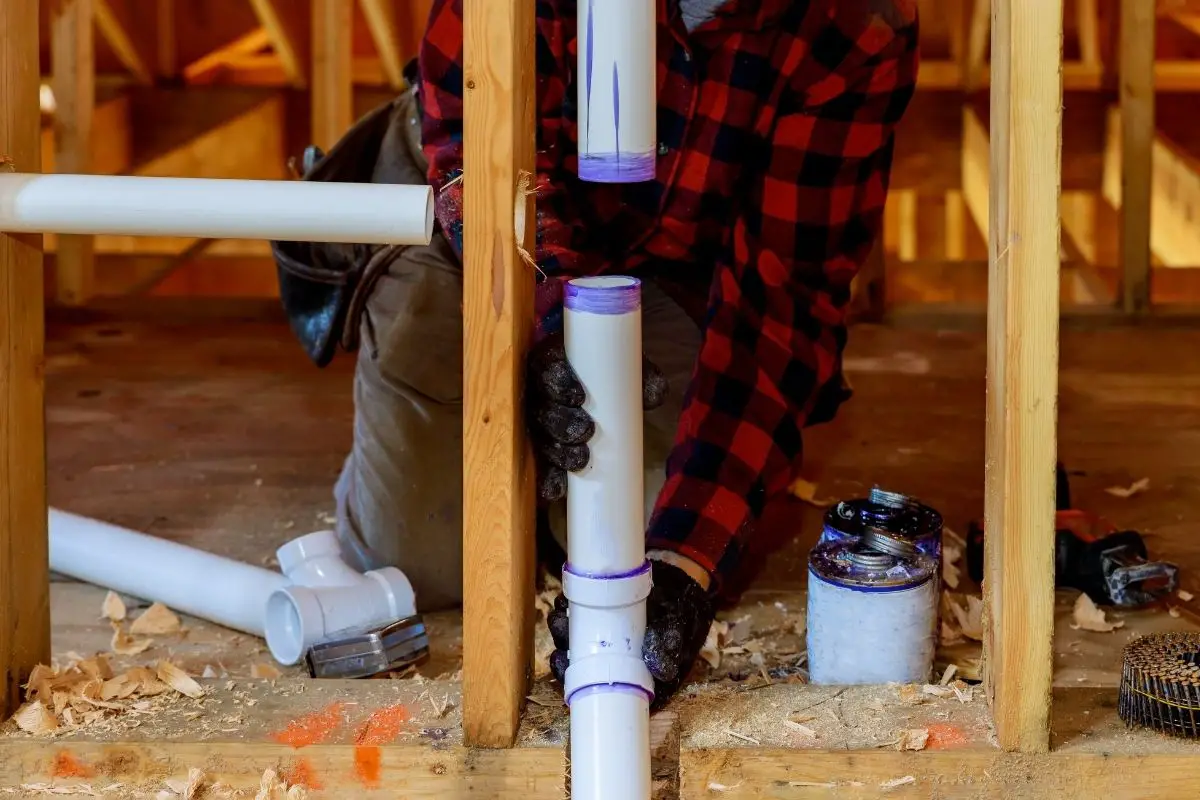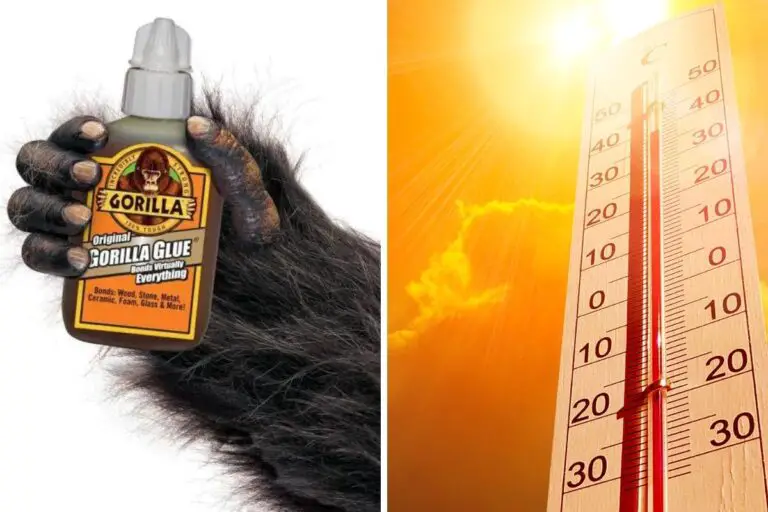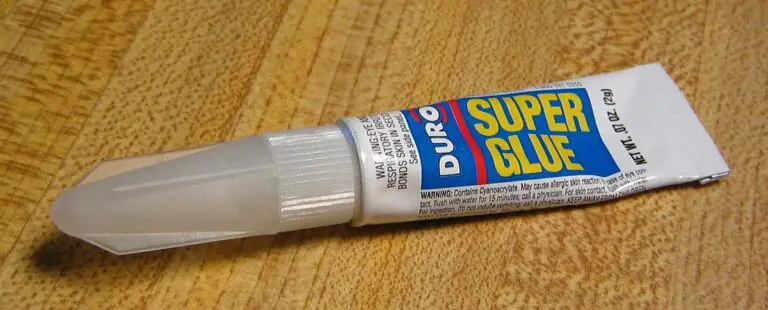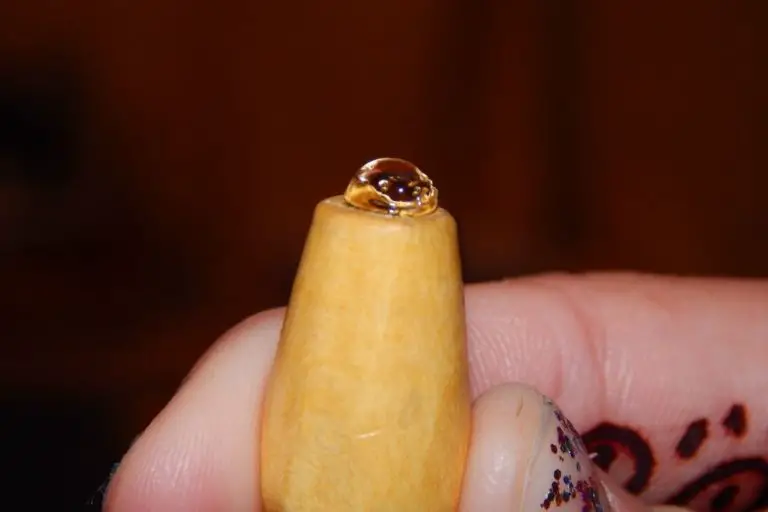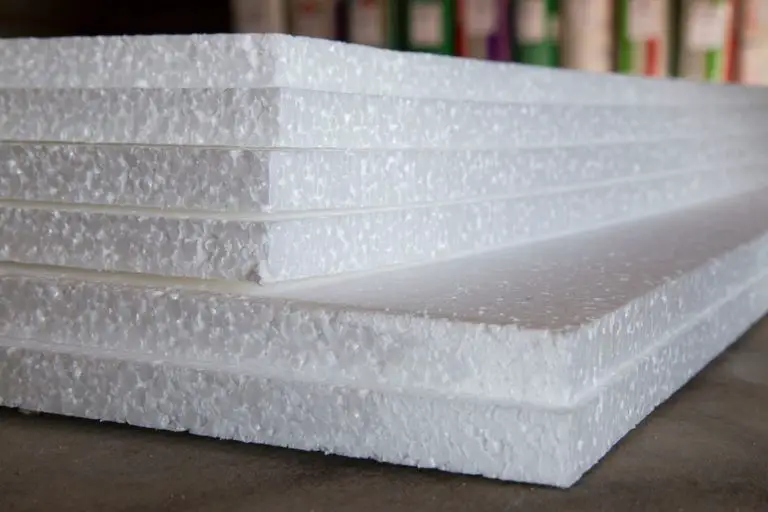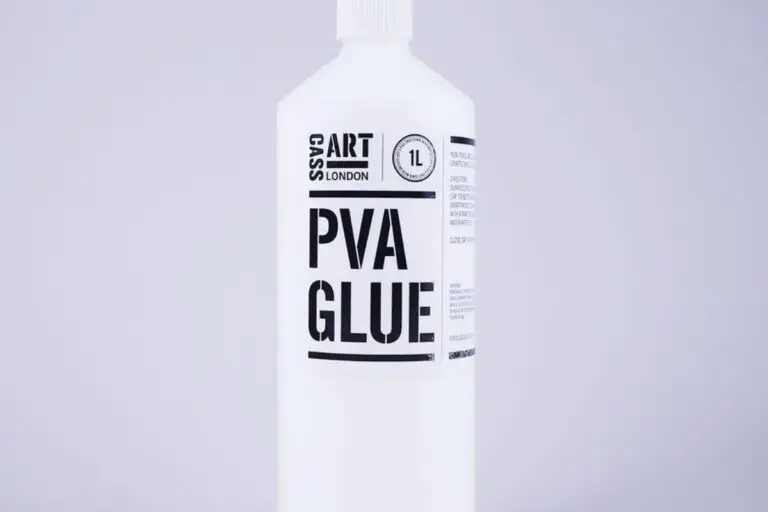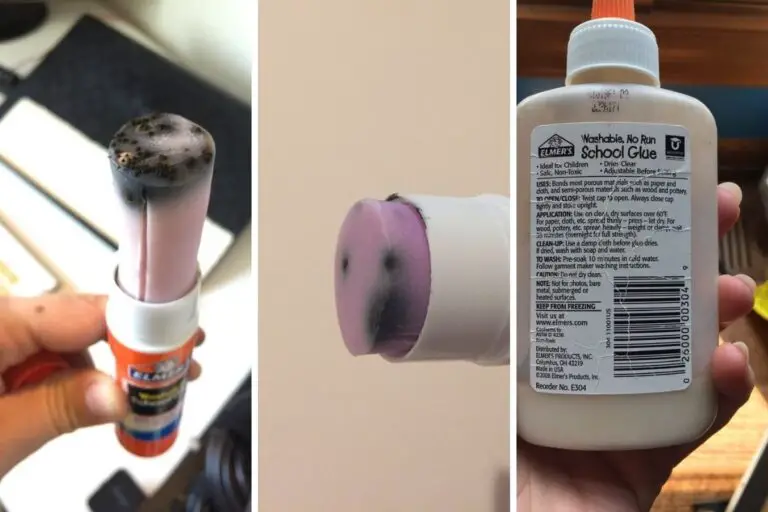What Happens if You Forgot to Use Primer on PVC?
Primers are used to prepare the surface of PVC pipes to bond with strong adhesive materials. In most states, it’s even mandatory to use a primer in order for the project to pass standards.
However, some workers or DIY-ers might forget to apply the primer before applying the adhesive which can have a significant effect on the bond formed by the adhesive.
So, what happens if you forgot to use primer on PVC? If you forgot to use primer on PVC, the surface will not be sufficiently prepared to bond with an adhesive material which could lead to some damage on the surface or leaking. So, it’s very important to apply primer before applying the adhesive in order for the bond to achieve maximum strength and secure the surface.
Keep reading to learn more about the importance of PVC primer and how to properly apply it
Contents
What Is PVC Primer Made of?

PVC primer is made from two main chemical components which are cyclohexanone and acetone. Some kinds of primers contain other chemicals like tetrahydrofuran and methyl ethyl ketone.
Some kinds of primers come in a clear color while other kinds come in vibrant colors like purple or red. The colors will make it easier to tell where the primer has been applied which is convenient if an inspector is checking your project.
Why Is It Important to Use a Primer?

Pipes and other construction materials are commonly made using PVC. They typically need extremely strong adhesives to chemically fuse the surfaces together and ensure they’re secure enough to withstand pressure for a long time.
It is important to use a primer to prepare the PVC surfaces before applying the adhesive if you want the bond to achieve the maximum strength it possibly can.
That is because primers cause a chemical reaction that softens the surface of the PVC by removing the glazed outer layer leaving a rough matte finish that will help the adhesive to bond quickly and strongly.
The higher the quality of the primer you use, the softer the PVC surface will be and the stronger the bond formed by the adhesive will be.
How to Apply Primer Properly?
When applying primer, it’s very important to work quickly. That is because primers are only effective when they’re wet. So, make sure to apply the adhesive on the surface immediately after applying the primer.
It will take the primer a few seconds to start solidifying. Once you apply the adhesive, it will take the bond about 24 hours to fully cure.
Here is a simple video showing you how to glue PVC joints properly and it touches on PVC primers as well:
You also need to take some precautions when working with primers and strong adhesives. That is because they both contain various chemicals which cause them to release strong fumes when applied.
These fumes can be harmful when inhaled in large amounts for extended periods of time, so make sure you’re always wearing a protective mask while working and that you’re working in a properly ventilated area.
Related Questions
How to Remove PVC Primer?
To remove PVC primer, you can use a cotton swab soaked in PVC cleaner and gently dab it on the primed area. You can also apply a mixture of baking soda and water to the primed area then scrub it using a sponge. It’s important to remove primer from a surface as quickly as possible because it will be more difficult to remove once it solidifies.
What Can Be Used as A Substitute for PVC Primer?
Acetone can often be used as a substitute for a primer since it is one of the main ingredients used to manufacture PVC primers. It can perform almost similarly to PVC primer as it can soften the surface enough to bond with the adhesive. However, the bond formed will not be as strong so it might not be as effective as PVC primer.
Can You Use A PVC Surface Cleaner Instead of a Primer?
You cannot use a PVC surface cleaner instead of a Primer. PVC cleaners are used to remove contaminants such as dirt and oil from surfaces. Even though this can help prepare the PVC surface for bonding before applying the adhesive, you still need to use an actual PVC primer to soften the surface so that the bond formed by the adhesive can achieve maximum strength.
Do PVC primers expire?
PVC primers do expire. They can last up to 3 years if they’re stored properly. Their expiration date is typically calculated from the date they’re manufactured, not from the date when their container is opened. It’s recommended not to leave it on the shelf for too long, even if the container is unopened. It’s also recommended to store the primer in a dry cool location.
Helpful Resources
If you like this article, share it!
